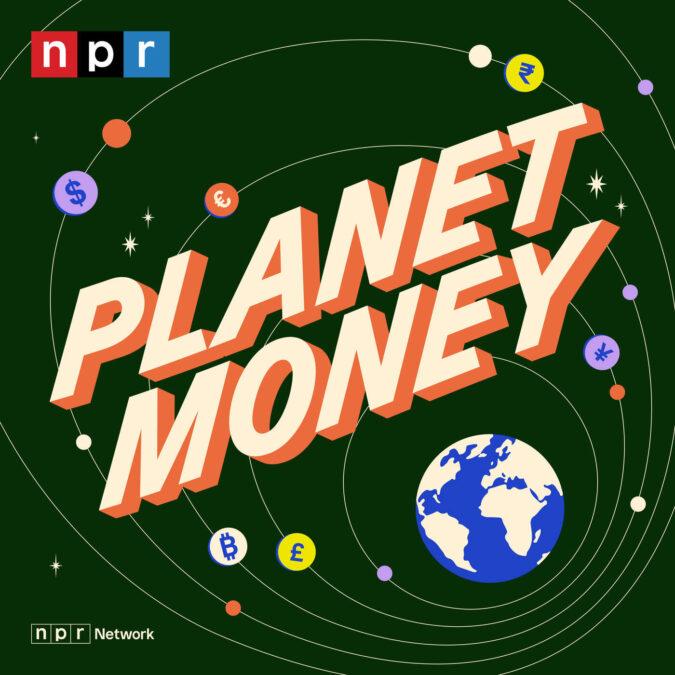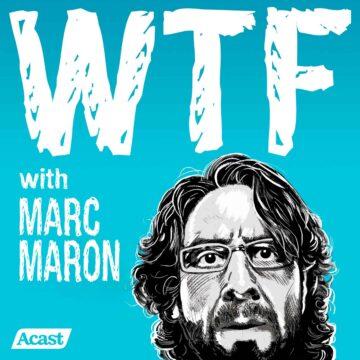When you think of a potato, one state probably comes to mind: Idaho. But for much of American history, Maine was home to the nation’s largest potato crop.
That status had changed by the 1970s, with the West growing more and more of the nation’s potatoes. But Maine still had one distinct advantage: A privileged position in the commodities market. The New York Mercantile Exchange, one of the largest such marketplaces in the country, exclusively dealt in Maine potatoes. And two deep-pocketed Western potato kingpins weren’t happy about it.
So the Westerners waged what’s now called the Maine Potato War of 1976. Their battlefield was the futures market: A special type of marketplace, made up of hordes of screaming traders, where potatoes can be bought and sold before they’re even planted.
The Westerners did something so bold – and so unexpected – that it brought not only the potato market, but the entire New York commodities exchange, to its knees.
Today on the show, how a war waged through futures contracts influenced the kind of potatoes we eat.
This episode was hosted by Dylan Sloan and Nick Fountain. This episode was produced by Sam Yellowhorse Kesler with help from Emma Peaslee. It was edited by Molly Messick, engineered by Valentina Rodríguez Sánchez, and fact checked by Sierra Juarez. Our executive producer is Alex Goldmark.
Help support Planet Money and get bonus episodes by subscribing to Planet Money+ in Apple Podcasts or at plus.npr.org/planetmoney.








